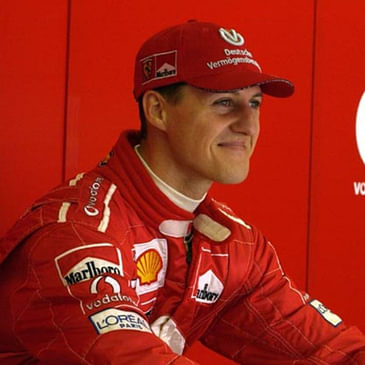Our "voices of F1" series is back. This time, we have former Formula 1 driver and RTL's F1 expert Christian Danner on the Inside Line F1 Podcast.
Why has Formula 1 declined in Germany? In fact, how popular was it in Germany during Michael Schumacher's reign? Danner shares interesting insights on Schumacher's legacy, why he was loved by Germany and how different Sebastian Vettel is remembered as a Formula 1 legend today. Also, is Nico Rosberg celebrated as a German Formula 1 champion?
We also touch upon Mick Schumacher's surprisingly short Formula 1 career, the possibility of a comeback and why Nico Hulkenberg is a perfect fit for Audi. Danner also tells us how the Sainz family knows enough about Audi for them to wait for a seat elsewhere - naming, Red Bull Racing and Mercedes.
For those who love Motorsport history, Danner goes back in time to talk of his moments with Ayrton Senna, why Formula 1 is the "only true racing car", how driver contracts were in the 80s and much more.
This is one super hour (and little more) with Christian Danner packed with fantastic stories and experiences.
Tune in!
(Season 2024, Episode 21)
Follow our hosts on Twitter: Soumil Arora, Kunal Shah and Christian Danner
Image courtesy: Ferrari


